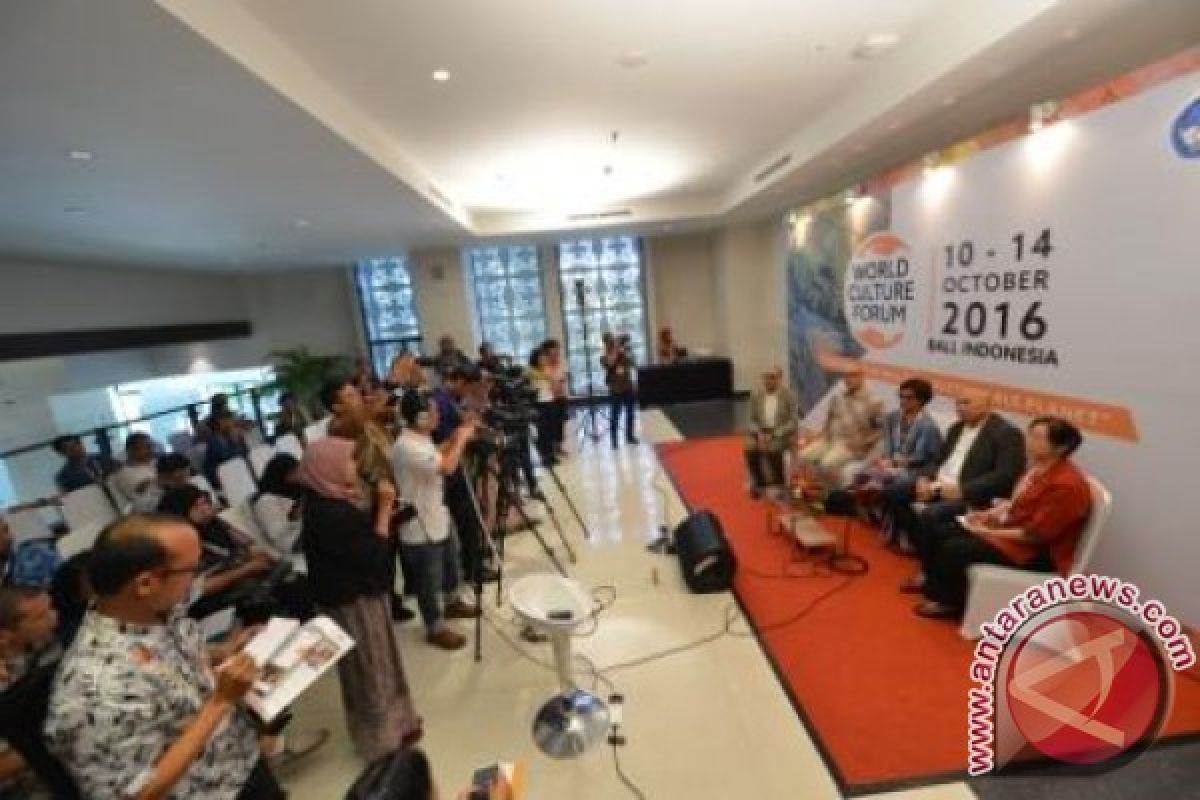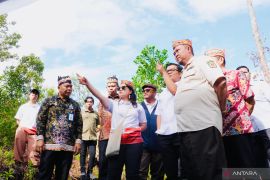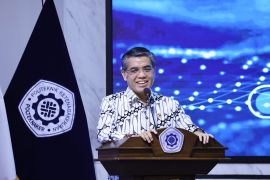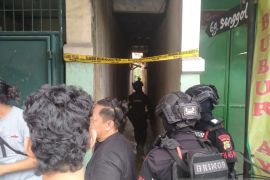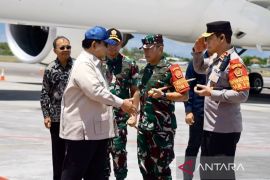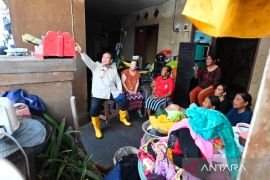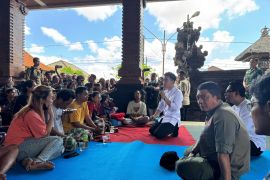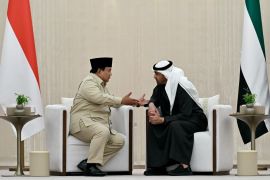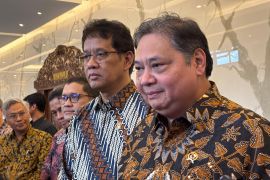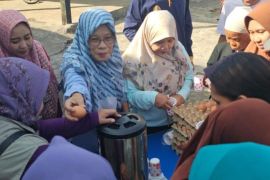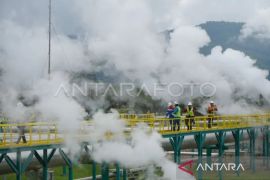According to Indonesia’s art sculpture maestro Nyoman Nuarta, the strategy should be started by changing the peoples’ mindset regarding the culture itself.
“This nation still sees culture as something that does not give any economic values. We have to change that mindset. People need to have a comprehensive understanding (of culture) in order to fix the problem,†he explained.
He took the management of Subak in Bali as an example. In terms of agriculture, Subak has not been able to produce anything. “Bali relies on its culture, not the agriculture,†he said. Thus, the existence of Subak supports the culture itself.
Subak is a water management (irrigation) system which is the manifestation of Tri Hita Karana philosophy – a harmonious relationship between man and God (Parahyangan), fellow human (Pawongan), as well as between men and nature (Palemahan).
The fair share between the central government, the tourism and hotel management is also needed. “Hotels owe their existence to the culture and local wisdom of Bali,†he said.
Lanying Zhang, one of symposia 1 speaker who also serves as Director of Liang Shuming Rural Reconstruction Center of the People’s Republic of China PRC, stated that Indonesia’s natural geographical conditions is potential for an alternative solution to the development of intangible cultural heritage.
“Indonesia and PRC share similar characteristics in terms of rice field management, especially in southwest and northern part of China, where both countries should meet the needs of a large population,†she said.
But, according to Zhang, Indonesia has an advantage in nature and land contours. Thus, the management that emphasizes on enhancing nature potential such as water, soil, and air can be an alternative solution.
Semsar Yazdi, the speaker on Qanat water management concept, who also serves as Director of the International Center on Qanats and Historic Hydraulic Structures of Iran, explained that there are interesting facts about water management of Iran and Indonesia.
According to him, the two countries have almost similar local wisdom to promote sustainable world development.
“It turns out that there are similarities between Balinese Subak local wisdom with Qanat tangible cultural heritage of Iran, even though both countries are separated 80,000 kilometers away,†he explained.
He continued that we share the same motivation to develop cultural knowledge to improve sustainable world development.
Qanat is an underground waterway system consisting of a row of interconnected wells. The system consists of open wells where vertical shafts connected them from a certain distance. This system is used to irrigate rice fields and boost the economy in rural communities in Iran.
Reporter: PR Wire
Editor: PR Wire
Copyright © ANTARA 2016
